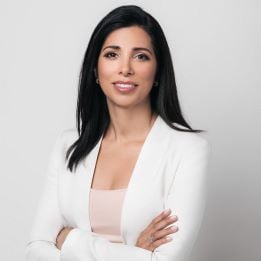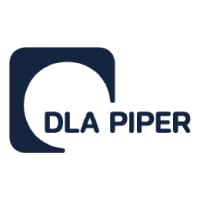

General counsel | Guardian US




Kai Falkenberg
General counsel | Guardian US
Legal team size: Three
Major legal advisers :Miller Korzenik, Baker McKenzie, Shullman Fugate
What are the projects that you are most proud of working on over the past 12 months?
Over the past 12 months, the projects I’m most proud of as general counsel of The Guardian US center around advising on our public interest journalism during a time when press freedoms are under significant attack and journalists across the country are facing increasing threats and attempts to chill their reporting. Despite this challenging environment, we’ve continued to publish award-winning investigative work that holds power to account. I’ve been proud to support reporting that exposed serious abuses at major hospital chains in the Midwest, brought national attention to allegations of sexual misconduct against a well-known entertainer, and revealed major concerns about the exportation of hazardous waste. Each of these stories carried legal risks and sensitivities, but also deep public importance. My role has been to help navigate those complexities, ensuring we can report the truth responsibly and rigorously, while protecting our journalists and the institution. It’s a privilege to be part of a newsroom that refuses to back down in the face of pressure, and to help safeguard the kind of journalism that informs, empowers, and drives accountability.
Based on your experiences in the past year, are there any trends in the legal or business world that you are keeping an eye on that you think other in-house lawyers should be mindful of?
Over the past year, a key trend I’ve been closely focused on is how we can harness the benefits of AI while minimising the significant legal and business risks it presents, particularly in the context of the news industry. On one hand, AI offers promising opportunities to expand the reach of quality journalism. We’ve been actively exploring licensing arrangements with companies that are willing to fairly compensate publishers and responsibly use our content to reach wider audiences. On the other hand, we’re also confronting the growing number of entities using AI tools to scrape and repurpose our journalism without authorization, in clear violation of copyright law. This has required a dual approach: pursuing enforcement action against bad actors while working to shape licensing frameworks that reflect the value of original reporting. There are still many open legal questions around how copyright law applies to AI training and outputs—questions that will have sweeping implications for content-generating industries and the AI sector alike. In-house lawyers, particularly those advising companies that produce or rely on original content, should be paying close attention to how these issues evolve. The legal landscape around AI is still being written, and it will define the next chapter of digital content protection.
What are the key things you prioritise to get the most out of your team?
I prioritise making sure my team understands how their work contributes to our mission of producing trustworthy and fiercely independent journalism. It’s important that they see the broader impact of what they do—not just on the legal or operational level, but on the success of our newsroom and the public good it serves. I also focus on giving them work that is challenging and meaningful, so they feel like active contributors to the strength of our organisation. When people feel connected to the mission and empowered in their roles, great work follows.